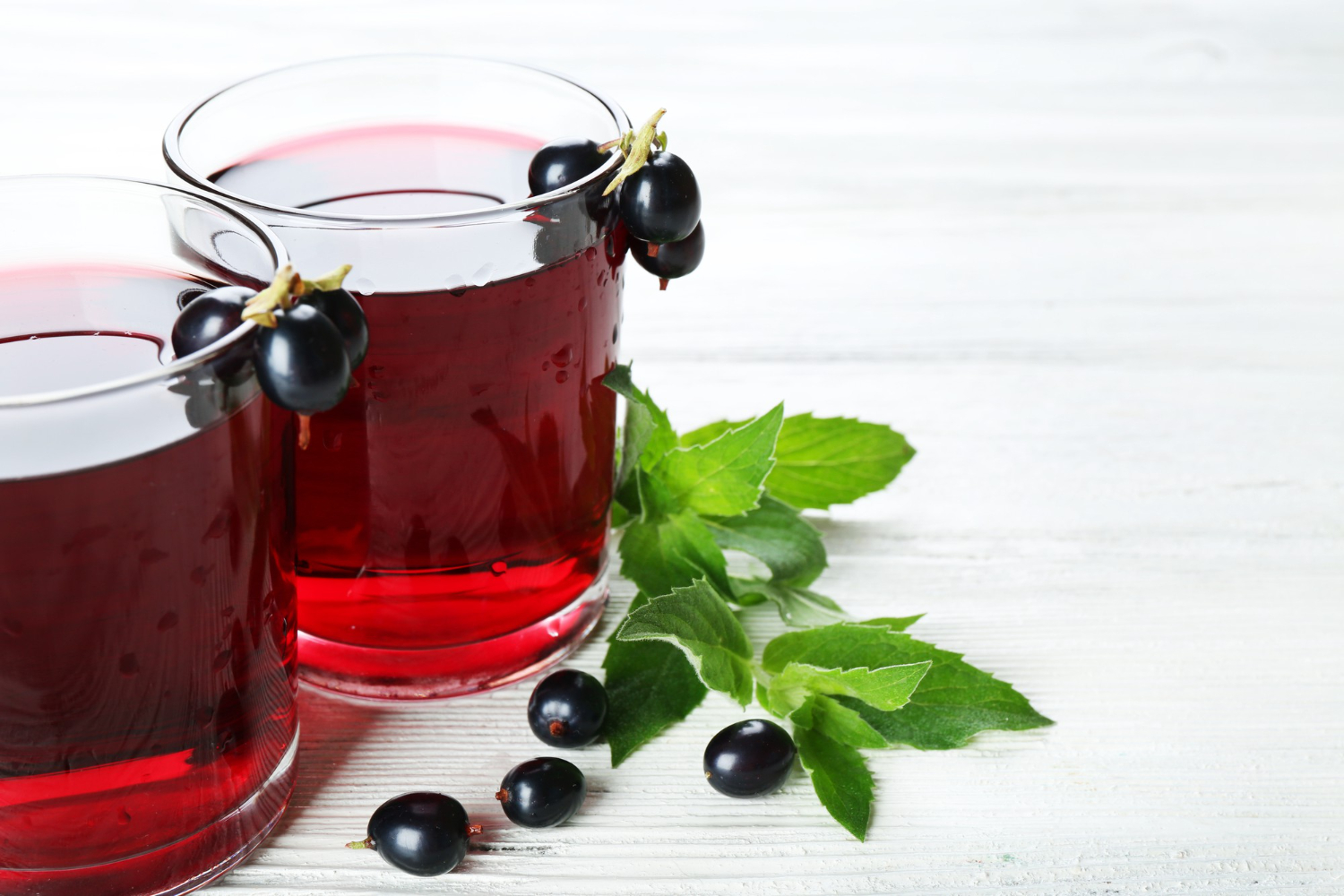Heartburn or gastroesophageal reflux disease has many possible causes, including the wrong food during mealtimes. GERD is one of the most common gastric conditions, and it can affect children, teenagers, adults, and seniors alike.
There is often a high level of lost productivity. Due to the possible side effects of pharmacological management of GERD, medical researchers are turning to dietary management of GERD in the hopes of discovering more about the dietary component of hyperacidity.
The complexity of the condition, bundled with the different triggers associated with it, makes the study of hyperacidity a bit more challenging for medical researchers. Do individual fruits have an impact on the onset of the symptoms of heartburn and hyperacidity?
Do Blackcurrant Cause Heartburn?
There is no solid evidence that blackcurrant can trigger recurring instances of GERD. However, this does not mean that you can eat blackcurrant berries with wanton abandon. Be mindful of how these berries affect your stomach because the triggers are different for each person.
Also, contributing factors like stress or additional intake of animal fats can predispose you to faster bouts of hyperacidity. Essentially, some risky food items can make your stomach more sensitive, and when you eat fruit, the condition can explode. This is what we mean by being more careful about your food choices.
If you are planning to eat blackcurrant or any other berry for that matter, your priority is to discuss with your GP about your condition. Again, some cases of GERD are more severe, and the more you know about how your body reacts to food, the better. Your primary physician would also learn more about your medical history, and he would be able to advise you about the right foods to eat.
Are Blackcurrant Juices Bad for Acid Reflux?
Again, there is no solid evidence that blackcurrant and its derived juices can harm someone with GERD. Experts recommend berries for people with GERD despite being slightly acidic.
Perhaps the reason is that berries provide so much more in return, on top of the slight risk for hyperacidity. Many other foods may do so much more damage to someone with GERD, and berries are not one of these foods. From a nutritional perspective, berries can be moderately tolerable for someone with hyperacidity.
What does moderately tolerable mean in the context of food selection and GERD?
This means you can eat blackcurrants, but you have to make sure that you portion the berries properly and observe how your body reacts to the berries.
Not all acidic foods will cause the same effect on the body. For example, some people with GERD have no issues when drinking soda, which is highly acidic. It all depends on the unique tolerances of each person and the condition of our bodies.
One study published in the journal Przeglad Gastroenterologizny stated that there was only a mild correlation between hyperacidity-related activity in the digestive system and a standard breakfast that happened to include a muffin with black currant on it.
Another study from the journal Plant Foods Human Nutrition indicated that blackcurrants’ antioxidant and fiber content helped laboratory rats lose weight. The blackcurrant extract also modified the natural bacterial balance of the stomach, resulting in healthier colons in controlled animal studies.
What Can You Eat to Relieve Heartburn?
In recent years, medical experts have increasingly turned to a combined approach to managing GERD symptoms, which means people have to be more mindful of what they eat to lessen the frequency of the symptoms. Diet management is one of the better-known ways to practically close in on flare-ups of GERD.
Are there foods or beverages that can help improve the condition of a person with hyperacidity? Fortunately, yes, there are foods that you can try to help manage the symptoms.
- Vegetables – Vegetables are high in fiber, vitamins, minerals, and antioxidants, and all vegetables, regardless of their family, are known to support digestive wellness. Unfortunately, many people struggle with adding vegetables to their daily diets because they have been used to fast food and other more convenient types of food. If you are one such person, consider adding vegetables to your meals as much as possible, even if it is just a small quantity of vegetables every time. We all have to begin somewhere, and a small step will lead to better diet choices.
- Ginger – We refer to the actual root here and not derived products like ginger ale. Organic ginger powder is also a good choice and some ginger-based health supplements. We recommend ginger to people with GERD because it has well-documented digestive benefits and a natural anti-inflammatory properties tool. While not everyone can tolerate the spice of ginger, if you work some ginger into your meals, do so.
- Whole grains and oatmeal – Oatmeal is the most common whole grain on the market. Still, technically speaking, any entire grain positively affects your digestive system, especially if you suffer from GERD. This is another well-documented effect of dietary fiber, which is also found in high amounts in fruits like blackcurrants. The more dietary fiber you have per day, the lower the risk of triggering GERD. While the exact reasons why this happens have yet to be thoroughly investigated, you can be assured that fiber will not harm your tummy.
- Egg whites – Egg whites are full of protein and will not trigger GERD. Egg yolks are a different proposition. Egg yolks are fatty, and animal fat in all forms is associated with GERD because fat is known for relaxing the esophageal sphincter.

